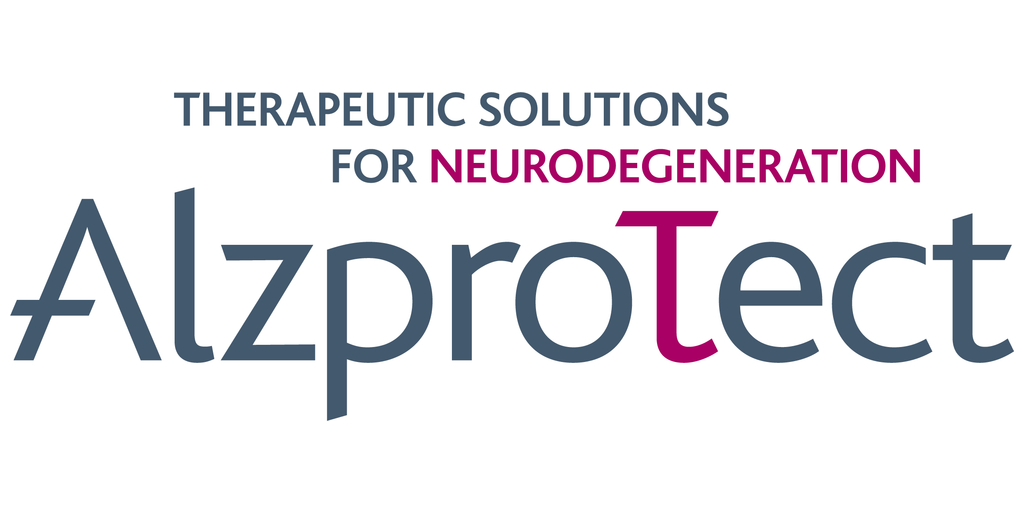LILLE, France--(BUSINESS WIRE)--Alzprotect, a French biopharmaceutical company, is pleased to announce the successful completion of the open-label extension (OLE) phase following the Phase 2a clinical trial of AZP2006 (ezeprogind®) for the treatment of Progressive Supranuclear Palsy (PSP). The findings from this 6-month extension phase underscore the potential of AZP2006 to stabilize/delay disease progression in PSP patients, particularly when administered early in the disease course.


Key Findings:
- Delay in Disease Progression: During the Phase 2a trial, patients who received AZP2006 for 3 months demonstrated first signs of delay in disease progression compared to those on placebo.
- Stabilization in Early Disease: In the 6-month OLE phase, patients who were on the active treatment during the Phase 2a trial and initiated therapy early in their disease course exhibited remarkable stabilization of PSP during the OLE, outperforming those who were initially on placebo.
- Benefit in Late-Stage PSP: Notably, patients who had been on placebo during the Phase 2a trial and commenced AZP2006 treatment in the OLE phase also experienced a stabilization in their condition during the OLE. This suggests that AZP2006 may offer benefits even at advanced stages of PSP.
- The overall magnitude of change in disease progression from the beginning of phase 2a (baseline) until the end of the OLE was much greater in placebo patients relative to their active arm counterparts.
- Safety Profile: Throughout the OLE phase, no remarkable safety concerns were observed, affirming the safety of long-term treatment with AZP2006.
- Precision in Symptom Tracking: in addition to the PSPRS-28, the use of PSPRS-10, a more precise tool for assessing hallmark PSP symptoms, also confirmed the stabilization of disease progression in the previously active arm patients.
These findings highlight the importance of early intervention in PSP with AZP2006 and its potential long-term benefits. The stabilization of disease progression in patients treated early, coupled with the observed benefits in late-stage patients, underscores the promise of AZP2006 as a viable treatment option for PSP.
Alzprotect remains committed to advancing AZP2006 through further clinical development, with the goal of providing a new therapeutic option for patients suffering from this devastating disease.
Dr. Artin Karapet, our Chief Medical Officer, said, " The positive outcomes observed in the open-label extension phase is a significant milestone for patients and the PSP community. These findings reinforce the potential of AZP2006 not only to stabilize disease progression but to offer tangible benefits even for those in more advanced stages of PSP. The extension data strongly suggests that early and continuous treatment could be key to slowing PSP progression. This is a meaningful advancement for patients, offering renewed hope and further validating our commitment to delivering an effective therapeutic option for PSP "
Phil Verwaerde, Chief Executive Officer, added, "The results from the open-label extension phase strongly support AZP2006's potential to stabilize PSP, especially with early treatment. The stabilization seen even in advanced-stage patients is promising and underscores our commitment to advancing this therapy to improve patient outcomes."
AZP2006 operates through a unique mechanism of action distinct from current treatments, directly addressing the root causes of neurodegeneration. It achieves this by stimulating lysosome homeostasis, a critical process for maintaining brain function, through the binding and facilitation of the entry of the Prosaposin-Progranulin complex into neurons.
Contacts
Philippe Verwaerde
p.verwaerde@alzprotect.com




